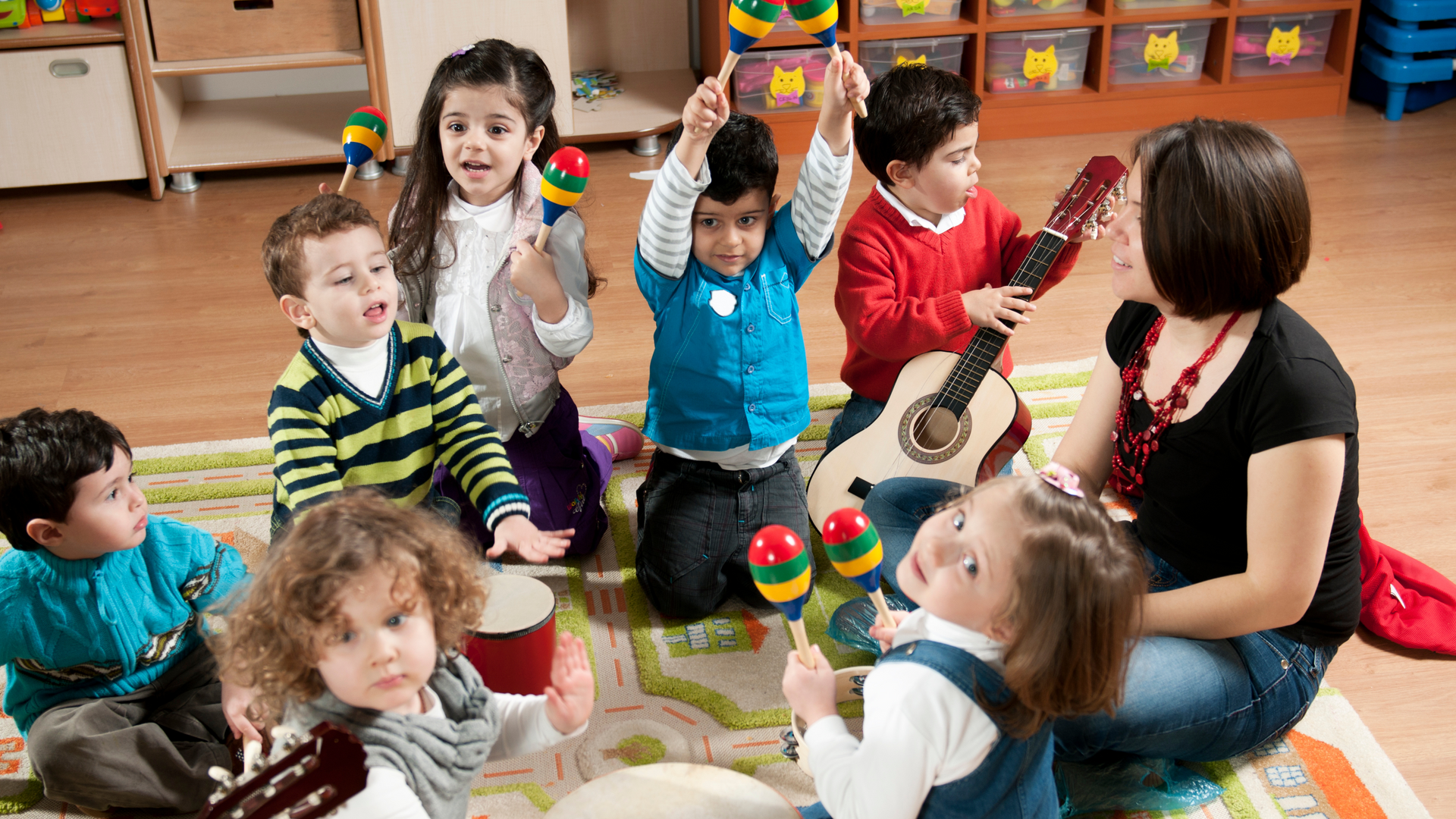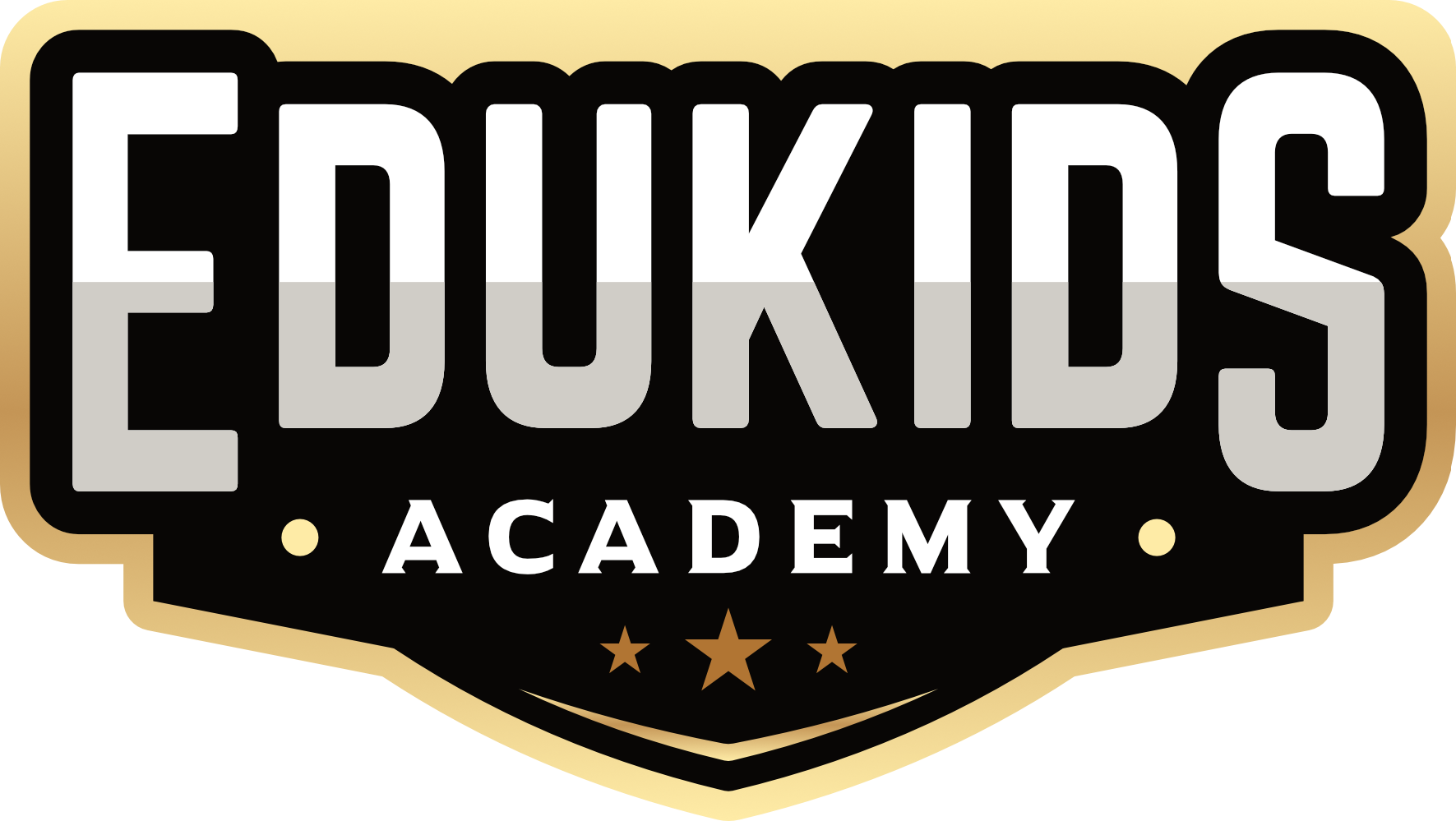Milestones Matter: Tracking Your Child’s Growth and Development

At Edukids Academy, we believe that every child’s journey is unique—and that understanding developmental milestones is key to supporting their growth. From a baby’s first smile to a toddler’s first steps and a preschooler’s first question, each milestone offers valuable insights into a child’s physical, emotional, social, and cognitive development.
Tracking these milestones isn’t about comparison or pressure—it’s about awareness, support, and celebrating progress. When parents and educators understand what to look for at each stage, they can offer the right kind of encouragement, early interventions if needed, and opportunities that match a child’s evolving needs.
What Are Developmental Milestones?
Developmental milestones are behaviors or physical skills seen in infants and children as they grow and develop. These include walking, talking, playing, learning, and managing emotions. While all children develop at their own pace, there are general age ranges when most children reach certain milestones.
Milestones are typically grouped into four major domains:
- Physical (Gross and Fine Motor Skills)
- Cognitive (Thinking, Learning, Problem-Solving)
- Language and Communication
- Social and Emotional Development
By observing how a child grows in each area, caregivers and educators can ensure that the child is on the right track—or identify early when extra support might be needed.
Key Milestones by Age Group
Here’s a general guide to some typical milestones at various early childhood stages. Remember, some children will reach these sooner or later than others.
Infants (0–12 Months)
- Physical: Lifts head, rolls over, sits without support, begins crawling, pulls up to stand
- Cognitive: Shows curiosity, explores with hands and mouth, recognizes familiar faces and objects
- Language: Responds to name, babbles, makes sounds to express joy or discomfort
- Social: Smiles socially, enjoys play, develops attachment to caregivers
Toddlers (1–3 Years)
- Physical: Walks, climbs stairs, kicks a ball, begins running
- Cognitive: Begins problem-solving, uses objects purposefully (e.g., brushes hair), recognizes names of people and items
- Language: Uses simple phrases, follows basic directions, identifies body parts
- Social: Shows affection, experiences separation anxiety, starts playing beside peers (parallel play)
Preschoolers (3–5 Years)
- Physical: Jumps, hops on one foot, holds crayons with control, begins writing letters
- Cognitive: Understands time, follows multi-step directions, plays make-believe with props
- Language: Speaks in full sentences, tells stories, uses plurals and tenses
- Social: Engages in cooperative play, expresses a range of emotions, begins understanding rules
Why Monitoring Milestones Matters
Understanding developmental milestones helps families and educators:
- Identify Strengths: Knowing what your child can do well helps build confidence and focus on their talents.
- Spot Red Flags Early: Delays in one or more areas may signal a need for additional support. Early intervention can make a big difference in outcomes.
- Support Learning Appropriately: Children develop best when learning experiences are matched to their developmental level.
- Strengthen Communication Between Parents and Educators: Shared milestone tracking creates a more connected support network for the child.
How Edukids Academy Supports Developmental Tracking
At Edukids Academy, our approach to early education includes ongoing developmental assessments tailored to each age group. Our trained educators observe and document children’s progress through play-based activities, guided instruction, and natural daily interactions.
We use age-appropriate developmental checklists and learning frameworks to ensure we’re meeting each child’s needs in all key areas. More importantly, we communicate regularly with families to share insights, celebrate progress, and collaborate on strategies for supporting continued growth.
Our low child-to-teacher ratios allow for individualized attention, and our curriculum is designed to nurture holistic development—not just academic readiness, but emotional intelligence, physical coordination, and social skills too.
The Role of Families in Supporting Milestones
While early education programs play a big role in development, families are a child’s first and most important teachers. Here are a few ways parents and caregivers can help support milestone development at home:
- Engage in Daily Play: Play is how young children learn. Use puzzles, blocks, dress-up, art, and books to stimulate different areas of development.
- Encourage Exploration: Give your child safe opportunities to explore their environment and try new things—even if it gets a little messy!
- Talk and Read Often: Narrate your activities, ask questions, sing songs, and read books aloud every day to promote language and cognitive development.
- Model Social Skills: Demonstrate empathy, sharing, and cooperation. Use role-play to teach problem-solving and self-regulation.
- Celebrate Progress: Even small steps deserve big cheers. Encouragement boosts confidence and motivation to keep learning.
When to Seek Additional Support
Every child is unique, and occasional delays or regressions are often normal. However, if you notice persistent challenges in areas like communication, movement, attention, or social interaction, it may be time to consult your child’s pediatrician or a developmental specialist.
Edukids Academy partners with families and professionals to ensure that any concerns are addressed early. We can help guide families toward appropriate screenings, referrals, and interventions when needed.
Conclusion
Monitoring developmental milestones doesn’t have to feel like a test—it’s a way to understand, celebrate, and support your child’s growth. With the right tools, environment, and partnerships, every child can flourish.
At Edukids Academy, we’re committed to providing the nurturing environment, expert guidance, and collaborative communication that help children hit their milestones and thrive beyond them.
Whether you're already watching your little one achieve new milestones or just beginning to think about early education, it's never too soon to plan for their developmental success. To explore how early enrollment can benefit your child’s growth, check out our article on the 7 Advantages of Early Childcare Enrollment. And if you're wondering when the best time is to start this journey, our guide on What's the Best Age to Start Childcare offers helpful insights to make an informed decision for your family.





















